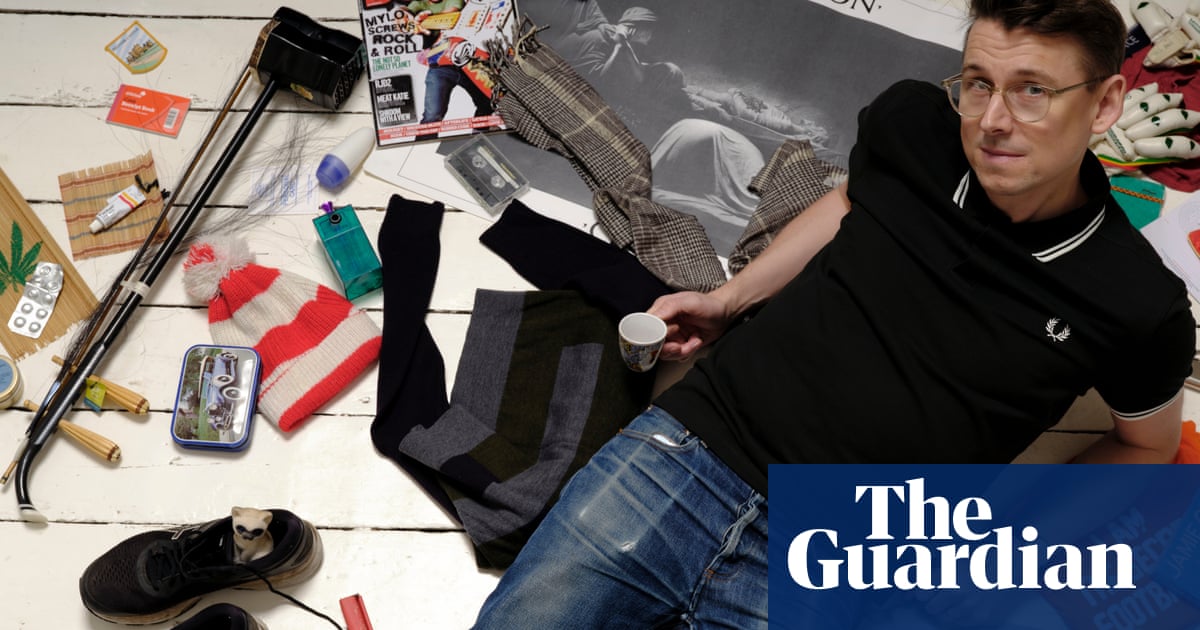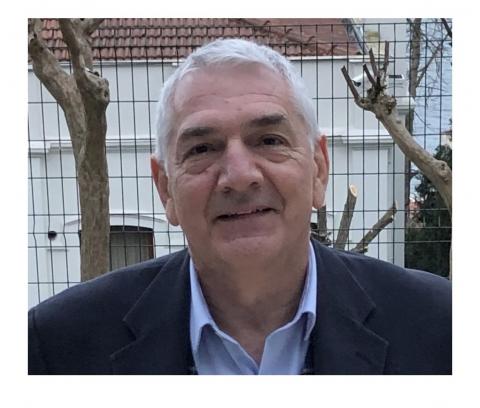
Last week, Australian actor Rebel Wilson posted a picture with her female partner, US fashion designer Ramona Agruma, to her 11 million Instagram followers. Her public coming out was met with a tidal wave of positivity. But Wilson’s hand had been forced.
The next day, the Sydney Morning Herald ran a column by journalist Andrew Hornery, who said he had already approached Wilson’s representatives ahead of her post requesting comment for a story about her relationship, and that Wilson had “gazumped” him by choosing to come out on her own terms – perhaps before she was ready to. The SMH has since removed the column and Hornery has apologised: quick, admirable steps towards owning irresponsible behaviour. But the whole thing leaves a sour taste, not least for Wilson, who tweeted that “it was a very hard situation but [I’m] trying to handle it with grace”.
The Human Rights Campaign defines outing someone as “exposing someone’s lesbian, gay, bisexual or transgender identity to others without their permission”. As I write this piece in a national newspaper, I question the value in covering Wilson’s propelled coming out story even further. But clearly, as a society, we again need to ask ourselves: what right does anyone have to claim someone’s sexuality as public interest?
Every public outing is the result of a series of conscious, human decisions. The SMH column, for example, would probably have had oversight from a desk editor, subeditor and senior editor, who all seemingly saw fit for the column to be published. When deciding to out someone without their consent, there may be justifications made about raising awareness or honouring love, now that same-sex relationships are more widely celebrated in society. Who cares these days, right? Let people be who they are!
But these mantras are a luxury for anyone who isn’t part of a minority community and has to face the sometimes complex reality of being “other”. Even within the LGBTQ community, we must understand why the consequences of outing may be felt so deeply (that Hornery himself is openly gay was a curious detail).
Personally, when it comes to someone’s sexuality, I don’t buy the “public interest” script. It is a nice story we can tell ourselves to help resolve the moral dissonance of outing someone without their consent. But it is a flagrant act of arrogance to take away someone’s autonomy to choose to come out where and when they are ready to. Not least because the process looks different for everyone.
Some people find it relatively straightforward. Others experience layers of inner conflict, fearing discrimination or potential marginalisation from their families or communities. Being in the public eye doesn’t shelter you from this. If we ignore these individual differences, we turn someone’s sexuality into a commodity – something that can be used for self-serving benefits. Like clicks.
I think a lot about what coming out means for different people, and what happens when the process is kickstarted without the person’s consent. The process of accepting my own sexuality was not straightforward, even if it might have looked that way to the people closest to me. Confronting the shame I internalised from the society I was raised in was uncomfortable. The government’s section 28 policy, which banned local authorities and schools from “promoting homosexuality”, dictated the exclusively heteronormative messages I received about sex and relationships. For years, I would omit my partner’s gender in conversations with people I didn’t know well, so preoccupied I was with how I might be perceived. In the past few years, through exploring these things in personal therapy, I have made a commitment to myself to be as out as possible, wherever possible. However, I am under no illusion that this knotty process is singularly my own.
It can take years, decades or nearly a lifetime for people to feel ready to live in their truth. Sometimes same-sex attraction and love surprises people, then it changes their lives. But shame still lingers for some LGBTQ people because, throughout history, we have absorbed the message that we are deviant, unnatural, scary or unholy. This might translate to being out in certain, “safe” circles, but not others. We might fear the impact on our careers if we come out at work, as many closeted people (including actors) in the public eye obviously do.
Homophobia still exists, in subtle and overt ways. Family members of LGBTQ people may not fully engage with important aspects of who their loved ones are. Same-sex couples wanting to start a family might experience discrimination, particularly with adoption. In many parts of the world, homosexuality is still outlawed or punishable by death. Our minds absorb these realities in ways we may not be conscious of. Being curious about my own shame – how and why it showed up – was the path to self-acceptance. But at certain points in my life, being outed would have made me very anxious indeed.
Outing is a power-play that rarely, if ever, has the interests of the person in question at heart. If we really are committed to advocating for the rights of LGBTQ people, then surely allowing any individual – regardless of fame or fortune – to control their own narrative is one of the most basic.
Eleanor Morgan is author of Hormonal: A Conversation About Women’s Bodies, Mental Health and Why We Need to Be Heard
In the UK, the charity Mind is available on 0300 123 3393 and ChildLine on 0800 1111. In the US, Mental Health America is available on 800-273-8255. In Australia, support is available at Beyond Blue on 1300 22 4636, Lifeline on 13 11 14, and at MensLine on 1300 789 978












